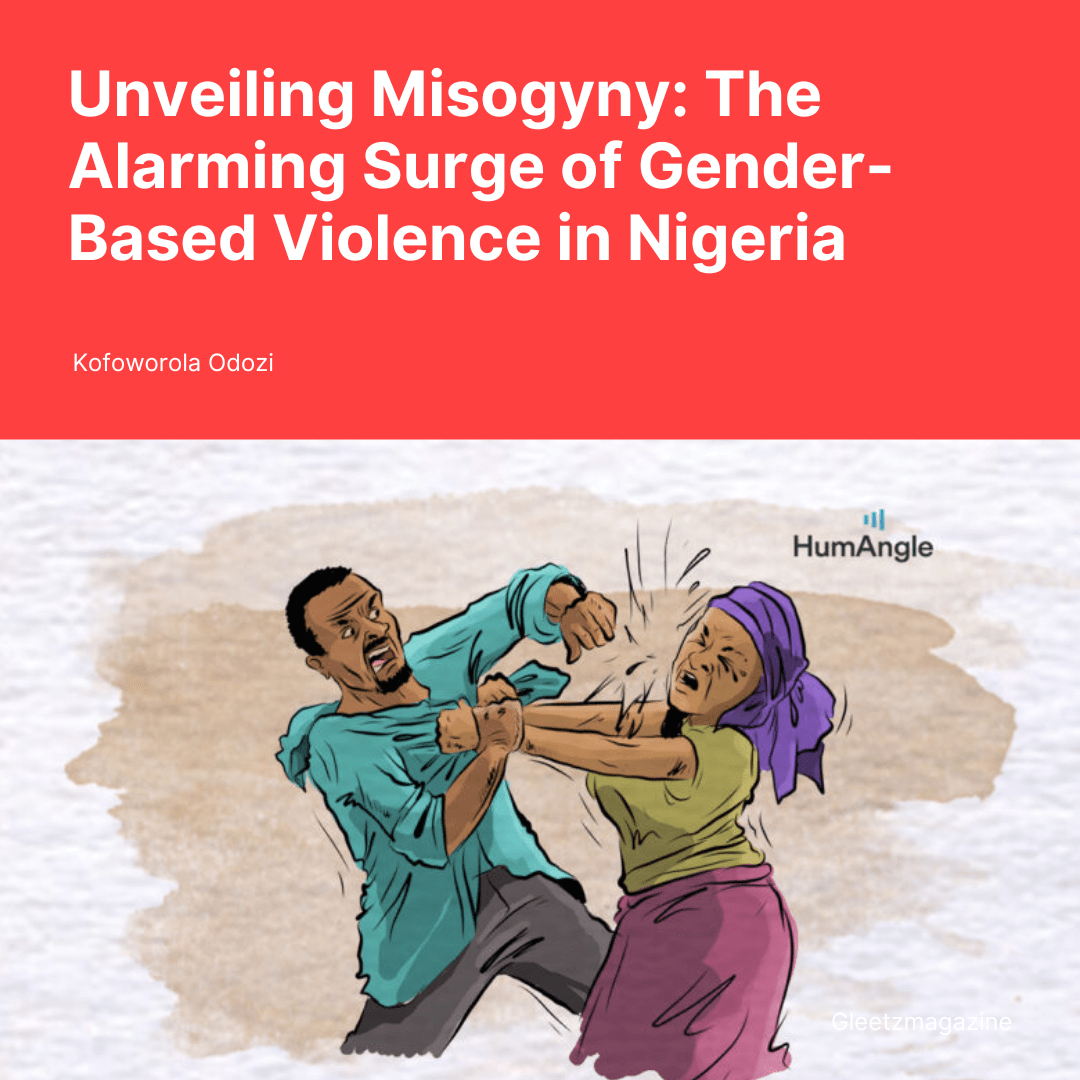Recently on Twitter, a poignant and thought-provoking conversation unfolded, shedding light on the pervasive and deeply ingrained gender roles that continue to shape lives and relationships. A courageous user took to the platform to share her personal experience, highlighting the unsettling expectations placed upon her as her family’s primary cook after her mother’s departure. As she courageously navigated the demands of both school and the kitchen, her brother, available to shoulder the culinary responsibilities, was curiously exempted from this duty. This candid revelation sparked a cascade of responses, as women from all walks of life rallied around the sentiment, offering their own stories of similar struggles and injustices. Yet, in this arena of solidarity and shared experiences, the response from men added a complex layer to the conversation. The ensuing dialogue not only underscored the urgency of challenging gender-based stereotypes but also illuminated the divisive reactions that often accompany discussions around gender roles and equity.
Introduction
Nigeria, a nation characterized by its diverse cultures and complex societal dynamics, is grappling with a deeply disturbing issue: the escalating incidents of gender-based violence against women. Shockingly, trivial reasons such as cooking for spouses have led to physical harm, shining a light on the pervasive misogyny that has taken root in the country. This article delves into the disconcerting trend of violence against women, highlighting the worsening statistics of gender-based violence, unraveling the façade of caregiving stereotypes, and underscoring the urgent need to address the glaring double standards that persist within Nigerian society.
The Escalation of Gender-Based Violence
The alarming surge in gender-based violence across Nigeria is a matter of grave concern. Studies, including data from the National Demographic and Health Survey, reveal a staggering number of Nigerian women who have experienced various forms of violence, with domestic violence being particularly prevalent. Even more concerning is the fact that something as simple as cooking for spouses can trigger violent reactions, exposing the deeply ingrained misogyny that prevails in society.
Unmasking Misogyny: The Role of Gender Stereotypes
Gender stereotypes play a pivotal role in fueling the crisis of gender-based violence. Nigerian society often propagates the notion that women should assume roles primarily centered around caregiving and homemaking. Consequently, this perpetuates the dangerous belief that women should be submissive and compliant. Such stereotypes trivialize women’s contributions, leaving them vulnerable to violence when they fall short of these unrealistic and stifling expectations. The perpetuation of submissive female stereotypes contributes to a vicious cycle where women are punished for daring to challenge these norms.
The Paradox of Caregiving Stereotypes
Paradoxically, society tends to adopt a markedly different stance when it comes to men’s roles and responsibilities. While women are expected to embody caregiving roles, men are often granted leniency regarding their responsibilities. The stark contrast reveals a disturbing double standard that has come to define gender relations. This glaring contradiction serves to underline the deep-rooted biases that perpetuate gender-based violence against women.
Double Standards: A Call for Urgent Change
The persistence of double standards within Nigerian society necessitates swift and comprehensive change. The lenient attitude towards men’s roles and the resulting consequences of violence against women highlight an alarming gender imbalance. It is imperative to challenge these norms, foster a culture of equality and respect, and hold both men and women to the same standards of accountability.
Understanding the Imperative for Change
Recognizing the urgency for change is pivotal in the fight against the misogyny pandemic. Acknowledging that entrenched societal norms and expectations are fostering gender-based violence is the first step toward dismantling these harmful patterns. By empowering women to break free from limiting stereotypes and launching education and awareness campaigns, Nigeria can aspire to create a society that champions equal rights and opportunities.
Conclusion
The disturbing trend of women facing physical harm over trivial matters like cooking for spouses serves as a sobering reminder of the deep-seated misogyny that persists within Nigeria. Gender-based violence, rooted in societal norms and stereotypes, demands immediate and sustained attention. As Nigeria strives for progress and development, it must prioritize the dismantling of harmful patriarchal norms to ensure the safety, empowerment, and well-being of all its citizens, irrespective of gender. Only through collective efforts, education, and a steadfast commitment to change can Nigeria rise above gender-based violence and build a future marked by inclusivity and equality.









